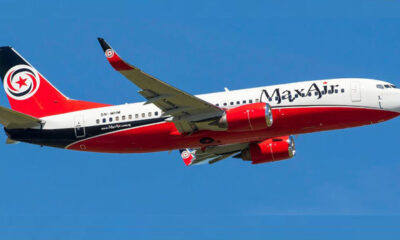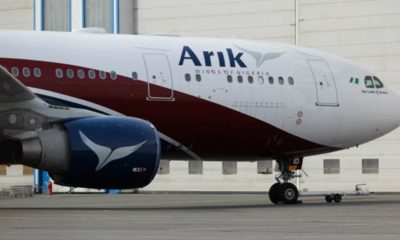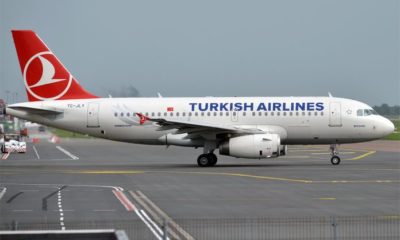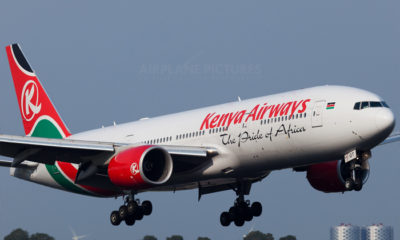After devastating 2020 and colossal revenue losses caused by the first and second wave of the pandemic, the COVID-19 continues paralyzing the aviation industry. The growing number of COVID-19 cases, fears of travel restrictions due to Delta variant and concerns about the economic recovery caused a new hit to the world’s largest airlines, hoping for a steady upturn in the aftermath of the pandemic.
According to data presented by StockApps.com, commercial airlines are expected to end this year with a profit loss of nearly $52bn and revenues 43% lower than before the COVID-19 hit.
European Airlines the Worst Hit, with $21 Billion in Profit Losses
During the last decade, the aviation industry witnessed stable growth, with revenues rising at a CARG of around 5.3% between 2009 and 2019 and reaching $838bn that year.
However, after the pandemic hit, revenue streams dropped to historically low levels, with most of the world’s biggest airlines not even covering their operating costs. Although government aids across the globe brought hopes for the steady recovery of the global aviation industry, this scenario might not happen for years. Along with remaining one of the worst-hit sectors during the pandemic, the entire market faces increased costs, including labor and fuel.
The International Air Transport Association (IATA) survey showed that commercial airlines generated only $373bn in revenue in 2020 or 57% less than pre-pandemic projections. Although this figure is expected to jump by 25% YoY to $472bn in 2021, that is $100bn less than revenues from 2008.
Statistics show the global commercial aviation profit loss is expected to reach $51.8bn this year, after the industry already lost almost $138bn in 2020.
In regional comparison, most of that loss, or nearly $21bn, will be generated by the European airlines. The IATA predicts Asian Pacific to witness the second-largest profit loss this year of $11.2bn.
Middle Eastern and African carriers reported combined losses even before the COVID-19 shock. However, according to the IATA survey, the airlines from the two regions are expected to lose around $8.7bn in 2021. Latin America and North America follow, with a $5.6bn and $5.5bn profit loss, respectively.
However, North America is the only region expected to witness significant recovery next year, with airlines reaching $9.9bn in profit gains.
Almost 85% of People Changed their Travel Habits; Catching the Virus Abroad the Biggest Concern
Besides increased costs and plunging profits, the entire airline industry is facing massive changes in travel habits caused by the COVID-19 pandemic.
According to Passenger Confidence Tracker 2021, commissioned by Inmarsat, 84% of respondents claim their travel habits are likely to change post-COVID-19. Around 35% of people have decided to travel less frequently by any means after the pandemic ends, while almost 30% would travel less frequently by air.
Catching the virus is the biggest concern preventing people from traveling abroad, with a 52% share among respondents. However, the five other concerns with high shares of responses were also all related to the pandemic.
The survey also showed that India, South Korea, and China had the largest number of people who decided to travel less frequently by any means, while people from the United Kingdom, Greece, and Germany are the least likely to change their post-COVID-19 travel habits.

 Billionaire Watch3 weeks ago
Billionaire Watch3 weeks ago
 Startups4 weeks ago
Startups4 weeks ago
 News4 weeks ago
News4 weeks ago
 News4 weeks ago
News4 weeks ago
 Bitcoin4 weeks ago
Bitcoin4 weeks ago
 Naira4 weeks ago
Naira4 weeks ago
 Forex3 weeks ago
Forex3 weeks ago
 Treasury Bills4 weeks ago
Treasury Bills4 weeks ago



























